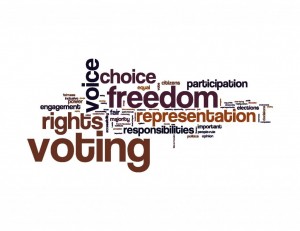If young people had voted in greater numbers during the last federal election, Stephen Harper would not be running this country, according to a recent study.
Despite where one sits in the political spectrum, that is a shocking statement.
But according to pollster Nik Nanos, his research suggests this is absolutely true. Even more prophetic, he says the tone and content of the political debate at the time would have been very different, as well.
Working with the Institute for Research on Public Policy, Nanos examined what would have happened if a majority of young people had voted in the last federal election.
Pages: 1 2



